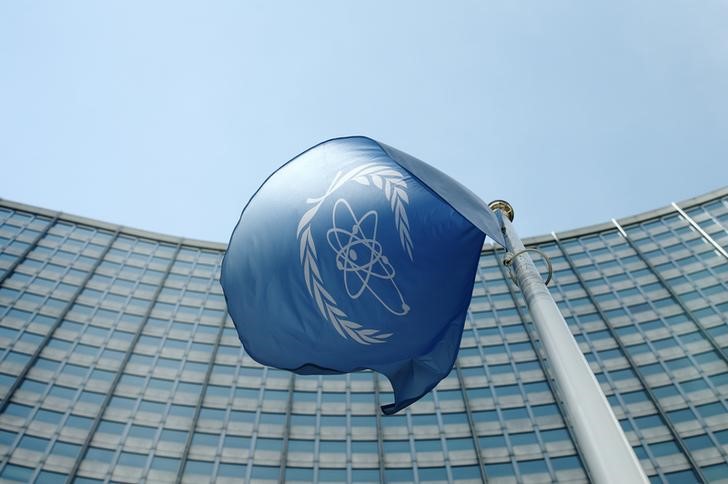VIENNA (Reuters) - An International Atomic Energy Agency (IAEA) meeting later this month will consider how to finance the monitoring of Iran's nuclear deal with world powers, a crucial step toward an eventual end of sanctions on Tehran.
The IAEA has been asked to report on whether Iran is taking the necessary measures to shrink its nuclear programme as agreed in the July 14 accord, which was days later enshrined in a Security Council resolution.
Without IAEA confirmation that Iran is keeping its promises, the country will not be granted much-needed sanctions relief.
The Vienna-based United Nations agency is not expected to issue its final report on Iran's compliance with the deal for several months, and will continue to monitor it after that.
"A meeting of the Board of Governors has been convened and is expected to take place on 25 August," said Serge Gas, IAEA director of communications, in an emailed statement, referring to the agency's 35-member board.
"It is expected that the Board will consider a report by the Director General on the requests in Security Council resolution 2231 and on the financial implications for the agency."
The IAEA had an annual budget of around 350 million euros ($391 million) last year and Director General Yukiya Amano has estimated the new monitoring duties will add costs of about 1 million euros a month.
So far the agency has funded its monitoring activities in Iran through voluntary contributions from member states, but diplomats have said they expected these measures to be included in the regular budget in future.
Tehran must provide the agency with information about its past nuclear programme by Aug. 15 and clarify by Oct. 15 any further questions to quell concerns these activities might have had military aspects, a charge it denies.
Some U.S. lawmakers criticise the IAEA for not releasing its own roadmap agreement with Iran to resolve concerns about Iran's nuclear past, but the agency says its common practice not to release such information.

($1 = 0.8944 euros)